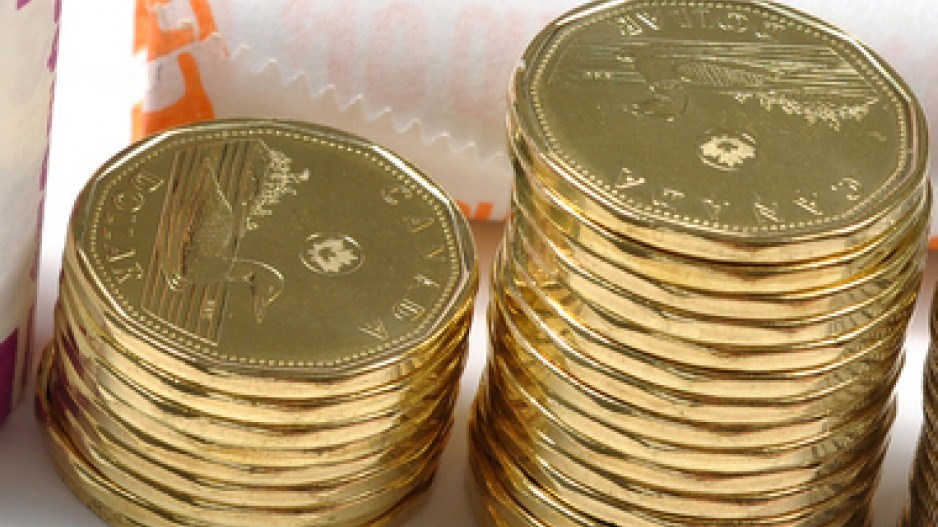Canadians are getting more bang for their buck outside the country and seem to be taking advantage of it.
Over the past half-decade, the Canadian dollar has been appreciating rather substantially against many key currencies.
As of last week, the loonie has appreciated in five years:
- 30% versus the British pound;
- 30% versus the Japanese yen;
- 25% versus the Euro; and
- 20% versus the U.S. dollar;
Much of the loonie’s appreciation has been the result of challenges associated with the underlying economies of each international currency since the global financial crisis.
The loonie’s move against the yen has come primarily over the past six months, culminating in the Bank of Japan embarking on its own ambitious plan to achieve a 2% inflation target by flooding the market with cheap money from the third-largest economy in the world.
Overall, for Canadian vacationers, a stronger dollar has meant more foreign currency to spend on their trip. And it appears Canadians have been capitalizing on it. According to Statistics Canada, the trade deficit in travel spending has continued to widen in recent years as Canadians travelling outside the country have spent more than tourists visiting Canada. The travel deficit rose to nearly $16.3 billion in 2011. According to the Canadian Tourism Commission, 2012’s trade deficit has risen an additional 9% to an estimated new record of $17.8 billion.
For would-be vacationers looking for a good deal, some forecasters don’t expect the dollar to weaken substantially for much of the year. Scotiabank’s foreign exchange outlook expects the loonie to remain near or at par with the U.S. greenback over the next year. Travellers looking to go to Europe might want to go sooner rather than later as the pound and the euro are expected to appreciate at least 5% over the next 12 months, barring yet another hiccup with the continent’s sovereign debt crisis.
The big question for Canadians looking to go to Japan will be how much lower the yen can go. Scotiabank is rather bearish on the currency, expecting it to depreciate a further 10% over the next year, approaching a low not seen since 2007.
If genuine Japanese onsen (hot springs), sake and sushi are in the holiday cards: ganbatte! •




